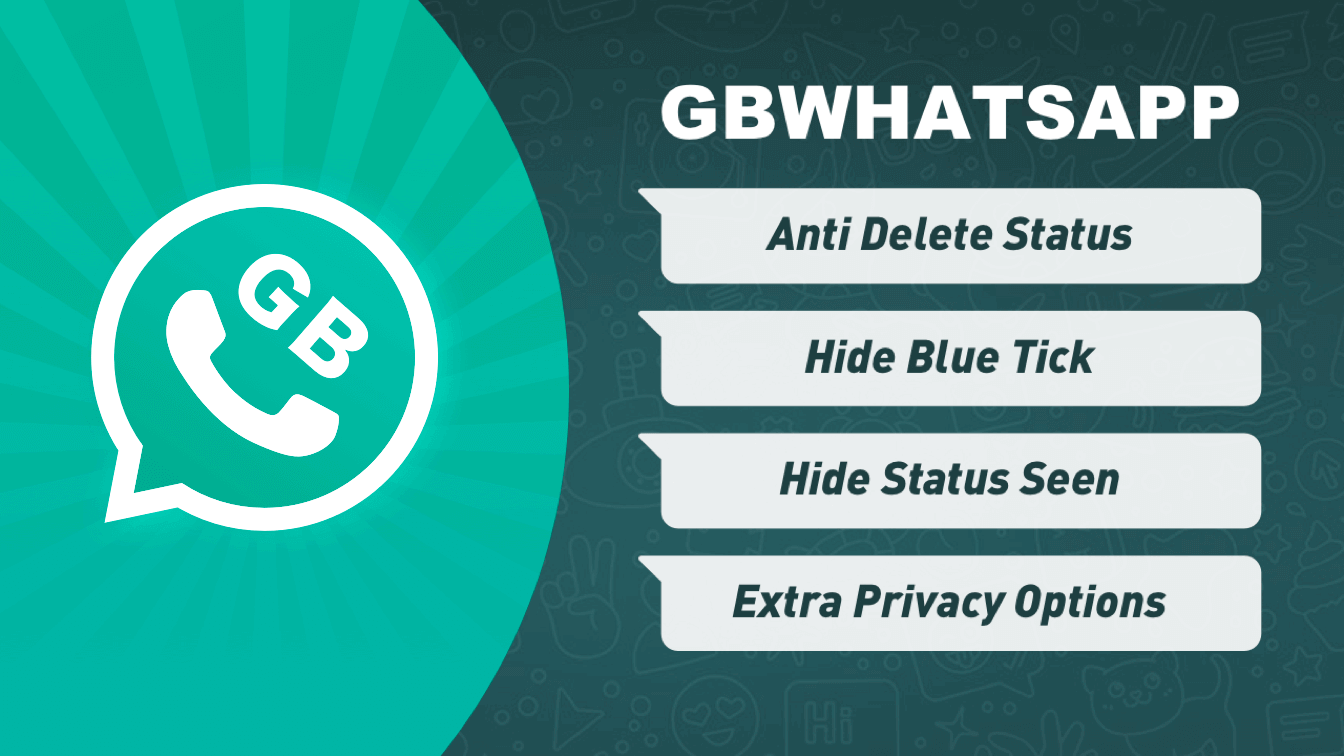Meditation: The Key to Unlocking Inner Peace and Mental Clarity
In today's fast-paced and hectic world, it's easy to get swept up in stress, anxiety, and overwhelm. We're constantly juggling multiple responsibilities, struggling to meet deadlines, and dealing with unexpected curveballs. It can feel like a never-ending battle to stay grounded, focused, and calm.

In today's fast-paced and hectic world, it's easy to get swept up in stress, anxiety, and overwhelm. We're constantly juggling multiple responsibilities, struggling to meet deadlines, and dealing with unexpected curveballs. It can feel like a never-ending battle to stay grounded, focused, and calm. But what if there was a simple yet powerful tool that could help you cope with the challenges of modern life? What if you could tap into a state of deep relaxation, heightened awareness, and inner peace, no matter where you are or what you're facing? The answer lies in meditation.
Meditation is a practice that has been around for centuries, but only recently has it gained mainstream popularity and recognition as a viable way to improve mental and physical health. It involves sitting quietly and focusing your attention on a specific object, sound, or sensation, with the aim of quieting your mind and entering a deep state of relaxation. Although it might seem like an esoteric or spiritual practice, meditation has been scientifically proven to have a wide range of benefits.
One of the main benefits of meditation is stress reduction. When you're meditating, you're slowing down your heart rate, calming your nervous system, and decreasing the levels of stress hormones in your body. This can help you feel more relaxed, centered, and resilient, even in the face of challenging situations. In fact, studies have shown that regular meditation can reduce symptoms of anxiety, depression, and post-traumatic stress disorder (PTSD).
Another benefit of meditation is improved cognitive function. When you meditate, you're training your brain to focus and concentrate, which can lead to increased mental clarity, creativity, and productivity. Studies have also shown that meditation can enhance memory, attention, and executive function, which are all crucial skills for success in school, work, and personal life.
Meditation also has physical health benefits. For example, it can lower blood pressure, improve heart health, and boost immune function. In addition, meditation has been shown to reduce chronic pain, ease symptoms of irritable bowel syndrome (IBS), and even slow down the aging process by protecting DNA from damage.
Perhaps the most profound benefit of meditation is its ability to connect you to your inner self. When you're meditating, you're tuning in to your intuition, wisdom, and deeper purpose. You're also developing compassion, empathy, and gratitude for yourself and others. This can lead to a greater sense of meaning, purpose, and fulfillment in life.
So, how do you get started with meditation? The good news is that it's simple and easy to learn. There are many different techniques and styles of meditation, so it's important to find one that resonates with you. You might start with a guided meditation app or class, or simply sit quietly and focus on your breath for a few minutes each day. The key is to be consistent and patient with yourself, as meditation is a skill that takes time and practice to develop.
In conclusion, meditation is a powerful tool for reducing stress, improving cognitive function, and enhancing physical and mental health. By making meditation a daily habit, you can tap into your inner peace, clarity, and wisdom, and navigate life's challenges with greater ease and grace.
What's Your Reaction?



























































































